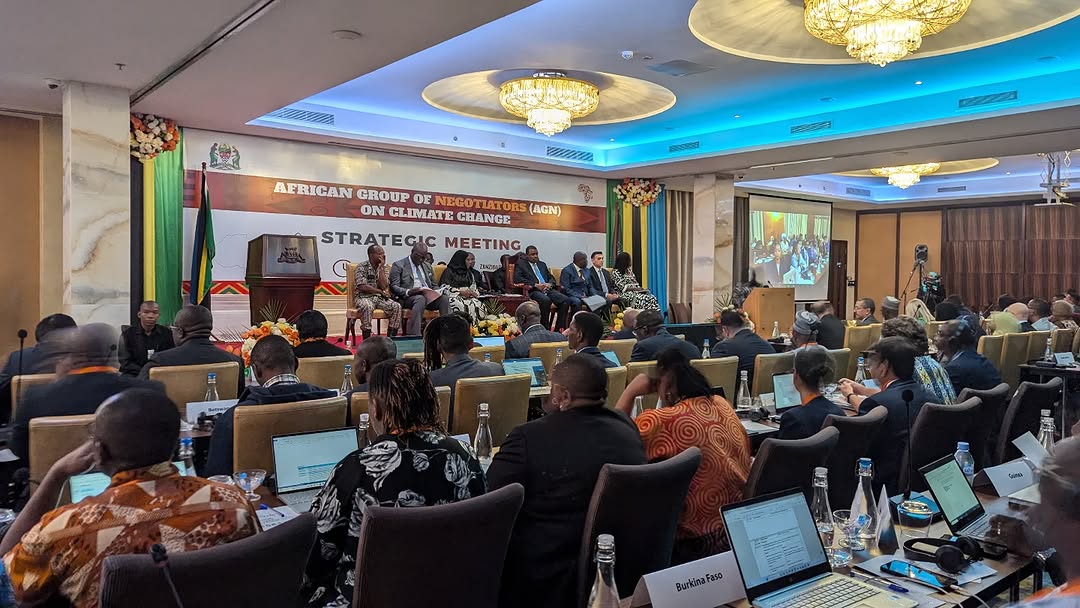
As climate change continues to threaten the future of Africa, the African Group of Negotiators (AGN) on Climate Change is meeting this week from 28th to 30th April in Zanzibar, Tanzania, to prioritize Africa’s agenda in the 2025 climate change negotiations.
The African Group of Negotiators (AGN), formed by 54 African countries, was established to represent the collective interests of African countries in global climate change negotiations, particularly under the United Nations Framework Convention on Climate Change (UNFCCC). The AGN coordinates the African position in climate talks, recognizing that Africa’s cumulative historical emissions are just 3% of the global total, yet the continent faces disproportionate climate risks. Over the years, AGN has built consensus among African countries, strengthening their influence and credibility in international negotiations.
AGN’s unified approach has enabled Africa to secure key achievements, such as advocating for climate finance and adaptation resources including establishment of the LDC Fund, Adaptation Fund, Green Climate Fund (GCF), Loss and Damage Fund and Global Environment Facility (GEF) which are essential to scale up adaptation and mitigation efforts for the Africa’s vulnerable communities.
This year, Tanzania chairs the African Group of Negotiators (AGN), with Dr. Richard Muyungi, Tanzania’s Climate Envoy and Special Adviser to the President on Environment and Climate Change, leading the continent’s climate diplomacy as Chair. During yesterday’s press conference, Dr. Muyungi emphasized that the Strategic Meeting in Zanzibar serves as a crucial platform to align Africa’s negotiating positions ahead of SB62 in Germany, COP30 in Brazil, and other key international forums.
Dr. Muyungi stated that the critical priorities for this meeting include strategizing on Africa’s unified position amidst growing political interference, such as the recent withdrawal of the United States from the Paris Agreement and the persistent low commitment from international financial bodies-developments that threaten to undermine climate finance and global action. He emphasized that Africa must develop resilient approaches to cope with these challenges, including strengthening internal collaboration, leveraging private investment, and advocating for equitable reforms in global financial systems. The meeting is also focused on accelerating progress toward the Sustainable Development Goals (SDGs), recognizing that only five years remain to 2030 while key African livelihood sectors such as agriculture, tourism, and fisheries are increasingly impacted by climate change. In addition, delegates are prioritizing a just transition to renewable energy, building on the recent Renewable Energy Declaration by African countries, and identifying solutions to ensure effective utilization of Africa’s mineral resources and increased investment in green jobs and technologies.
CAN Tanzania urges all key stakeholders, including African governments, civil society, the private sector, and development partners, to take effective part in shaping the priorities for African countries in the international negotiations. It is only through the collective contribution of state and non-state actors that African countries can forge a stronger advocacy and innovative strategies to secure the equitable and sufficient climate finance Africa needs for adaptation and mitigation. As the AGN meeting is ongoing in Zanzibar, African countries need to strengthen our policies and investments in research and actions that prioritize sustainable utilization, value addition, and the creation of green jobs and technologies across the continent.
